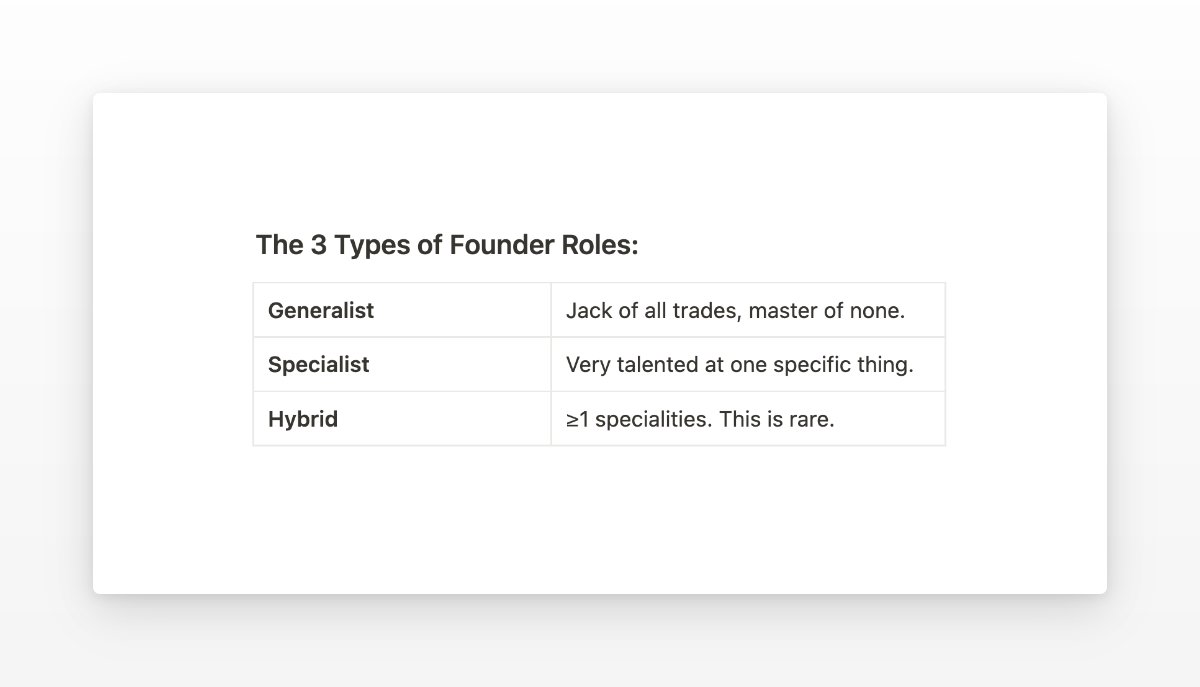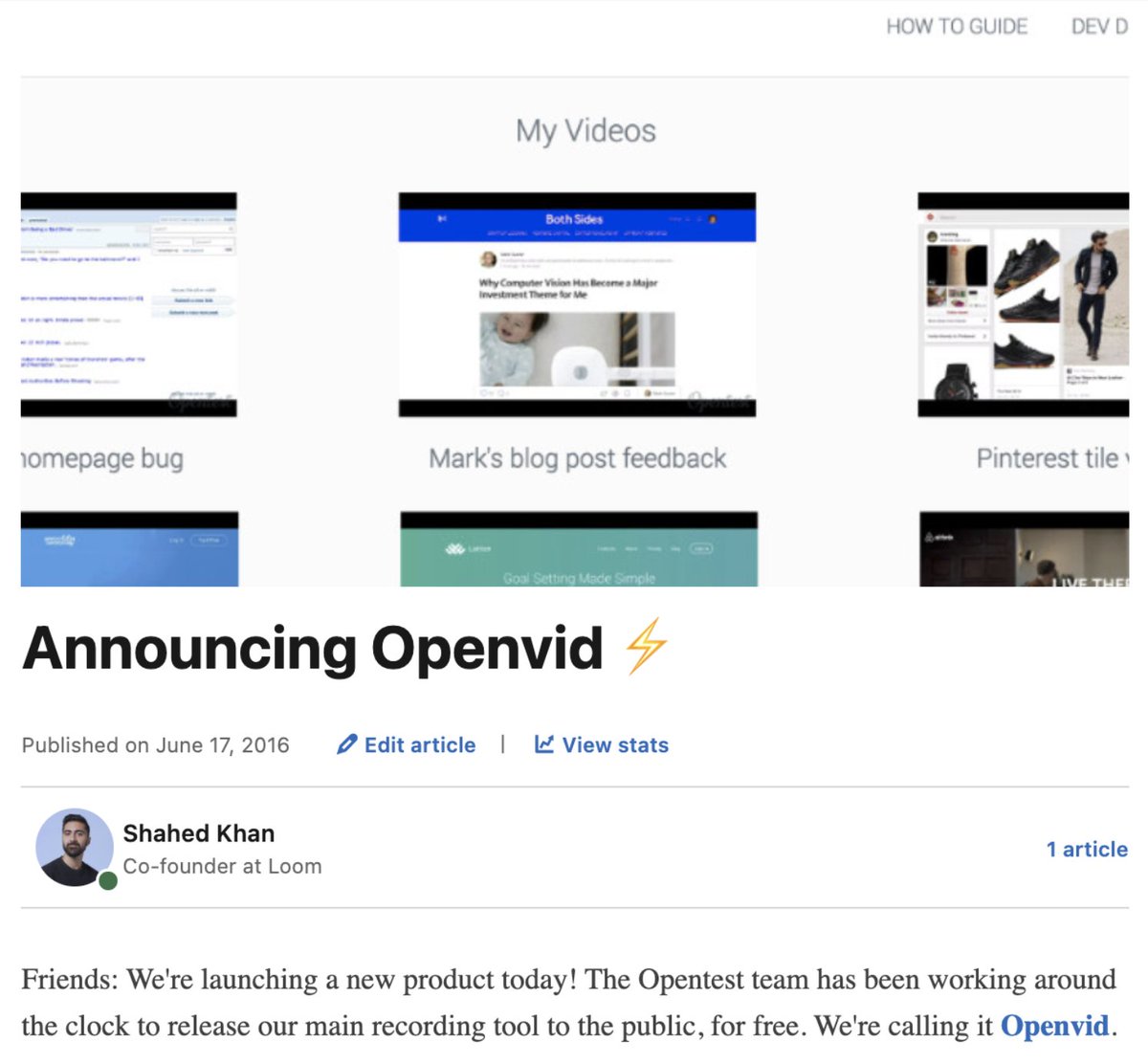
How to get URL link on X (Twitter) App

https://twitter.com/_shahedk/status/1818438513144348680In 2017, we rebranded from our original name Opentest — to Loom.

 Every founding team can be boiled down to three types of founder roles:
Every founding team can be boiled down to three types of founder roles: 




https://twitter.com/_shahedk/status/1364964378332823552Adding Google OAuth

